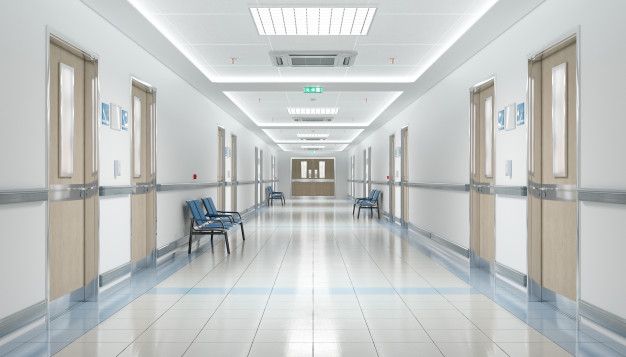How Ending Homelessness Can Reduce Healthcare Costs
 |
| Image courtesy of Pinterest.com |
How are we able to motivate the majority of a community to end homelessness?
One reason that may be overlooked is the cost of spending for an individual to attend the emergency room.
According to Greendoors.org, "People struggling with homelessness are often frequent users of emergency departments. On average, they visit the emergency room five times per year. The highest users of emergency departments visit weekly. Each visit costs $3,700; that's $18,500 spent per year for the average person and $44,400 spent per year for the highest users of emergency departments."
According to Dr. Margot Kushel at the University of California, San Francisco, "Homeless people have higher rates of chronic health problems than the general population. This takes the form of higher rates of illnesses such as high blood pressure, heart disease, diabetes, lung disease, and HIV disease"
When thinking about these costs that the healthcare system incurs, it's important to recognize the impact that comes from ending homelessness on a larger scale. That there is a cycle that is being recognized and that cycle involves the ecosystem that is the community.
According to The National Center for Biotechnology Information, "The National Coalition for the Homeless points out that,
"Homelessness and healthcare are intimately interwoven"
"'Poor health is both a cause and a result of homelessness. The National Healthcare for the Homeless Council (2008) estimates that 70% of Healthcare for the Homeless clients do not have health insurance. Moreover, approximately 14% of people treated by homeless healthcare programs are children under the age of 15.' When homeless people are placed in supportive housing, many are qualified for healthcare coverage. More important, people who have housing are less apt to need healthcare services as often as those who have no housing, as noted above." Providing permanent supportive housing to the homeless community saves the taxpayer money:
1. Healthcare costs are reduced by 59%
2. Emergency department costs are decreased by 61%
3. The number of general inpatient hospitalizations is decreased by 77%
Author: S. Ivey


Comments
Post a Comment